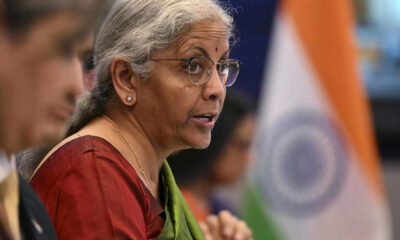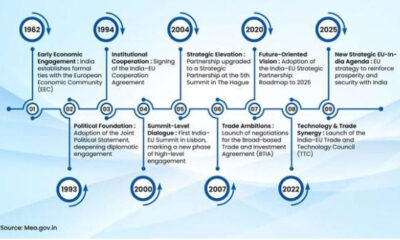Delhi-NCR to Ban Fuel for Overaged Vehicles from November 1
Starting November 1, overaged petrol and diesel vehicles will no longer be allowed to refuel in Delhi and five NCR districts — Gurugram, Faridabad, Noida, Ghaziabad, and Sonipat — under a renewed push to curb air pollution. The decision comes after the Commission for Air Quality Management (CAQM) held a review meeting and agreed to enforce the “no fuel” rule uniformly across the region.
The restriction targets diesel vehicles older than 10 years and petrol vehicles older than 15 years, designated as End of Life (EOL) vehicles. This follows a temporary ban lift by the Delhi government earlier this month after facing public backlash and criticism.
The initial campaign, launched on July 1, was part of a broader anti-pollution initiative. It involved automated camera systems at fuel stations to verify the age of vehicles and enabled traffic police to impound or issue challans to violators. However, after just a few days, the Delhi government pulled back the order amid strong opposition from citizens and political leaders.
The move was criticised as impractical and harsh on the middle class, many of whom rely on older but well-maintained vehicles. Delhi’s Environment Minister Manjinder Singh Sirsa announced that the government would work on a revised strategy for managing aged vehicles.
A key turning point came after Delhi Lieutenant Governor VK Saxena wrote to Chief Minister Rekha Gupta, urging the government to pause the ban. He highlighted that such a drastic step failed to account for economic realities and the emotional value associated with personal vehicles, especially when many are in good condition despite their age.
Saxena stressed that in many cases, vehicles had run just a few thousand kilometres and forcing owners to scrap them was not only unfair but also environmentally counterintuitive, contradicting India’s “repair, not replace” ethos.
With the revised implementation date set for November 1, CAQM aims to ensure that all six major NCR cities enforce the rule in unison. The commission believes this approach will make the move more effective and equitable, avoiding confusion or policy mismatches across district lines.
In the coming months, authorities are expected to roll out awareness campaigns, refine monitoring systems, and coordinate with local enforcement to prepare for full-scale implementation of the ban.
IT.




























